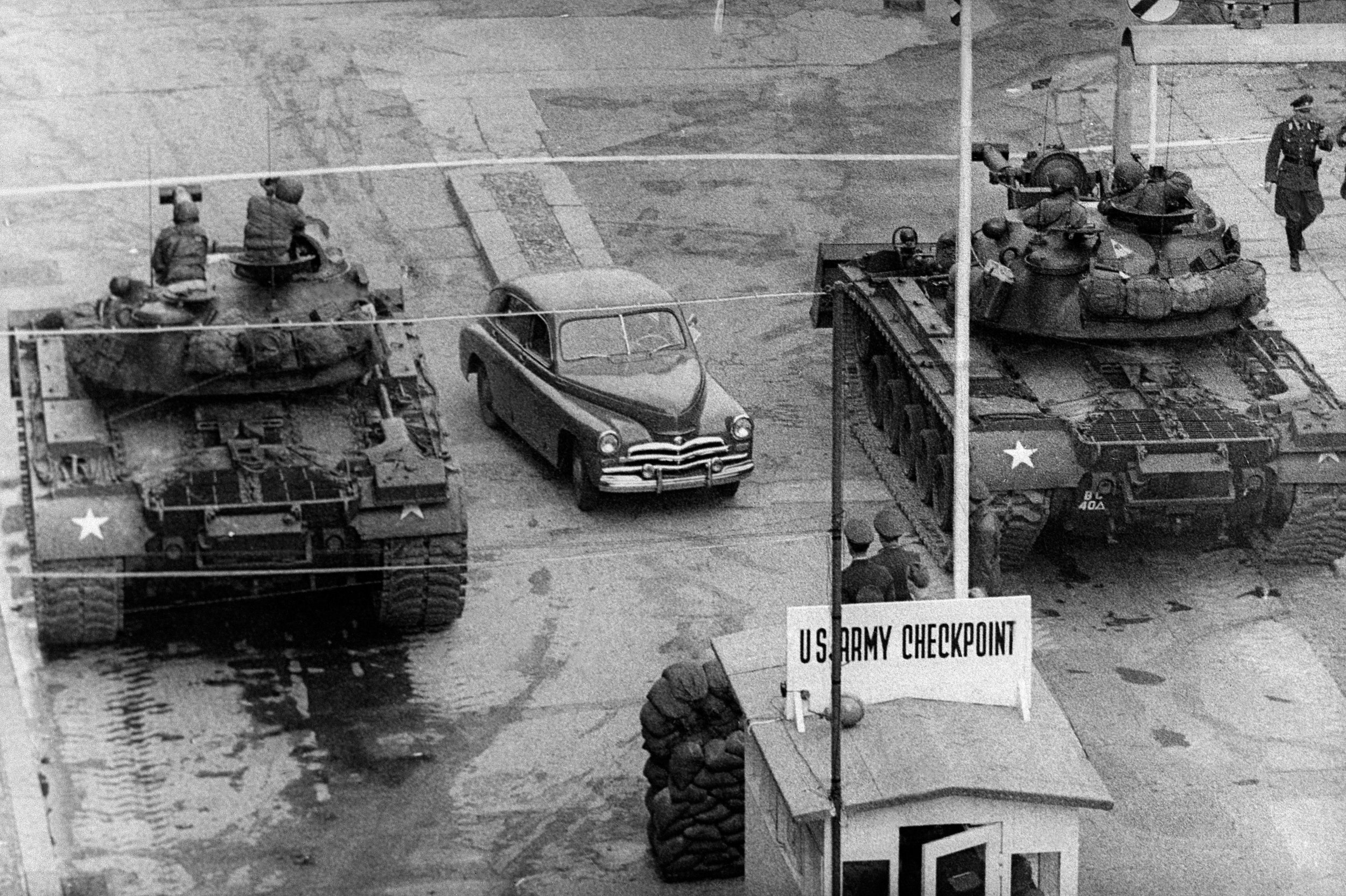
Merry Christmas, Vladimir Putin. The Russian president is likely smiling wide this morning after a majority of Russians reported that they miss the Soviet Union and regret its collapse, according to a new poll.
Related: Putin wants to rebuild Soviet Union, former head of British army warns
The poll, conducted November 24 through 28 by the independent Levada-Center, which has been conducting this poll since the 1992 collapse of the USSR, found that 58 percent of Russians regret the fall of the Soviet Union, the highest number since 2009.
The respondents cited a number of different reasons for waxing nostalgic about the past, though 54 percent agreed that the lack of a unified economic system was their greatest reason for missing the Soviet Union. But that was far from the only answer, with others citing their longing to once again belong to a "great power," and still more lamenting the rise in "mutual distrust and bitterness" throughout Russia.
Further, more than half of the poll's respondents believe the decay and eventual collapse of the Soviet Union was avoidable, a response given by 52 percent. Conversely, just 29 percent believe that the USSR's demise was inevitable, with the rest saying the question was difficult to answer.
The results were easy to track by age groups, as the oldest Russians felt the greatest regret while the youngest Russians didn't feel nearly as strongly about it. Just 20 percent of Russians between the ages of 18 and 24 reported feeling any amount of regret for the collapse of the Soviet Union, a number that makes sense considering not one of them would have been alive when the Soviet Union officially ceased to exist in 1992. Those between 25 and 34 were pretty evenly split on the question, while Russians 35 and over had the highest rate of regret.
The response from the Russian people could have something to do with the country's continuously frosty relationship with its main Cold War adversary, the United States. The hacking of U.S. election systems during the 2016 elections and of main players in the 2016 campaign is widely accepted by American officials, even though President Donald Trump continues to waffle on whether America's former Cold War enemy interfered with our elections.
Every American intelligence organization has confirmed that Russia hacked into U.S. election systems in 2016, and current Secretary of State Rex Tillerson said in April that Russian hacking is "fairly well-established," calling it "a serious issue."
Russia, for its part, has ardently denied these charges, with then-Russian foreign minister Sergey Lavrov responding to Tillerson. "We heard some statements today saying that the US has evidence that we meddled in their campaign," Lavrov said. "I would like to say again that we never saw any facts; anything that would look even remotely like facts [to prove this]."
Uncommon Knowledge
Newsweek is committed to challenging conventional wisdom and finding connections in the search for common ground.
Newsweek is committed to challenging conventional wisdom and finding connections in the search for common ground.
About the writer
Sam Schwarz is a staff writer at Newsweek covering politics with a focus on the 2018 midterm elections. He previously worked at ... Read more
To read how Newsweek uses AI as a newsroom tool, Click here.








